Starting in 2027, all MotoGP classes will run on 100% non-fossil fuels, verified via C14 testing, marking a major step toward carbon-neutral racing.
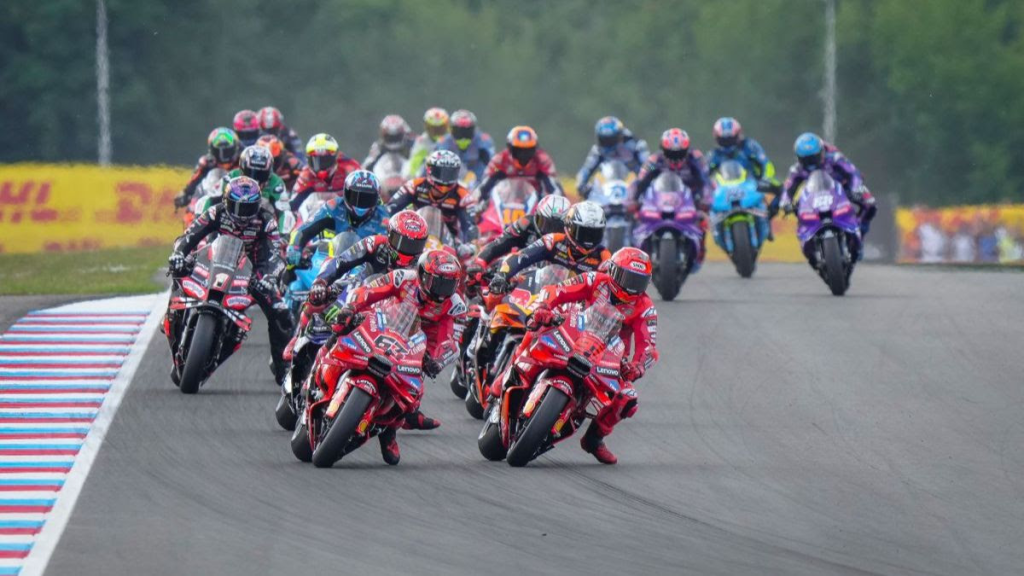
Subscribe to our Telegram channel for instant updates!
The FIM Grand Prix Commission has officially confirmed a landmark decision that will reshape the future of motorcycle racing: from the 2027 season onwards, all fuel used in the MotoGP class must be 100% non-fossil. The ruling was made following a series of meetings in 2025 involving key stakeholders, including representatives from FIM, IRTA, MSMA, and Dorna.
This move cements MotoGP’s commitment to environmental responsibility and sustainability, building on the earlier 2024 regulation that required all fuels to contain a minimum of 40% non-fossil content. The new requirement prohibits MotoGP from using fuels derived from crude oil, requiring instead the use of either bio-fuels—produced from biological materials—or e-fuels, synthesised by capturing atmospheric CO₂.
To verify compliance, the Commission has adopted the C14 carbon isotope test. This scientific method assesses the fraction of carbon-14, a naturally occurring, short-lived isotope that disappears over time from fossil sources. By comparing the C14 levels in a fuel sample to those found in the current atmosphere, the test can confirm the fuel’s non-fossil origin with high precision.
Under this regulation:
- All Grand Prix classes will be subject to the same 100% non-fossil fuel requirement.
- C14 testing will serve as the standard to verify that fuels originate from recent carbon cycles rather than ancient fossil reserves.
- Combustion emissions will be carbon-neutral, as the carbon released during combustion will match the amount previously absorbed during fuel production.
This transition aligns with broader environmental goals across motorsports, as series like MotoGP seek to maintain competitive performance while reducing their ecological footprint.
Notably, the combustion of non-fossil fuels does not introduce new carbon into the atmosphere, supporting the shift toward net-zero carbon emissions.
With this decision, MotoGP joins the ranks of forward-thinking motorsport categories embracing innovative fuel technology. The mandate sets the stage for increased collaboration between fuel suppliers, manufacturers, and regulators to meet the 2027 deadline, ultimately pushing the boundaries of what’s possible in sustainable high-performance racing.



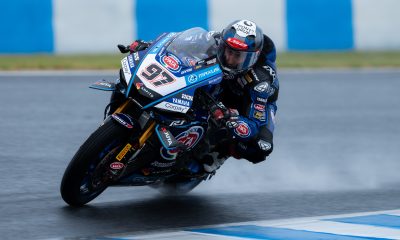



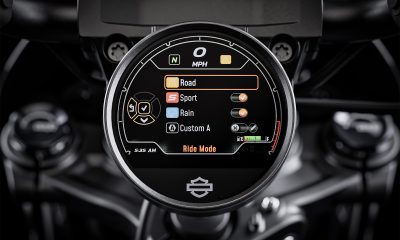
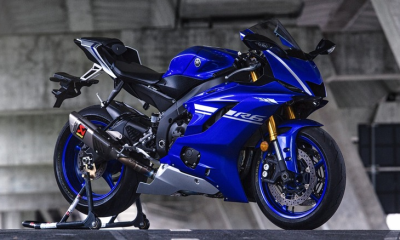
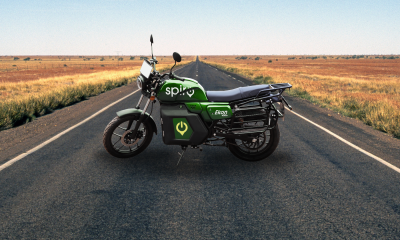

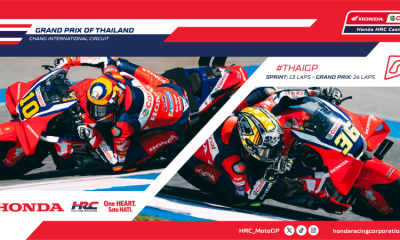

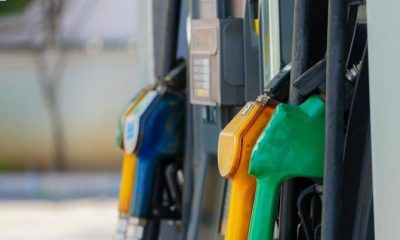
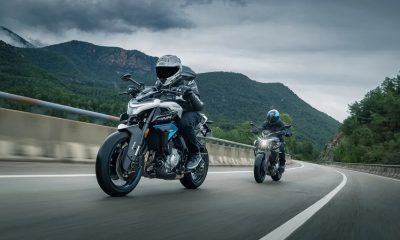
















Facebook
Instagram
X (Twitter)
YouTube
LinkedIn
RSS